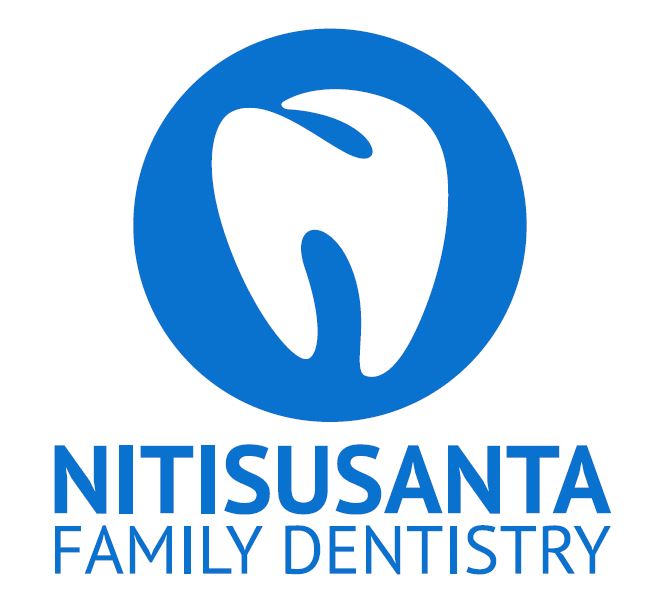Information for Patients
Dentistry Information & Frequently Asked Questions
Call The Office
Email Us
Office Location
Ocoee, Florida 34761
Office Hours
Monday – 9am to 5pm
Tuesday – 9am to 5pm
Wednesday – CLOSED
Thursday – 9am to 5pm
Friday – 9am to 5pm
Weekends – CLOSED
Digital X-Rays
Dental X-rays are used to pinpoint areas of tooth decay or bone loss, and they are an important aid during root canal procedures. Digital technology has spread to the dentist’s office, with a number of advantages. For digital X-rays, an electronic sensor is placed inside the mouth instead of film. Digital processing is a little faster than traditional film X-rays, so there’s less exposure to radiation. But even traditional dental X-rays expose patients to only extremely low levels of radiation, so any risk for potentially harmful effects is minimal.
We’re excited to offer the most advanced imaging process in dentistry: ConeBeam CT scanning, or 3D imaging. This technology allows us to create virtually unlimited views of your teeth, face, and neck with just one scan. We’re able to obtain high-quality, detailed information to diagnose and plan your treatment needs. We can evaluate your teeth and facial structures from literally every angle, in 3D, and in color! Routine x-rays, on the other hand, produce a single flat image with limited information.
The ConeBeam CT imaging system is a digital x-ray scanner that rotates once around your head while you stand or sit in a chair. The process is quick, simple, and completely painless. We use these scans to provide the best treatment in dental implants, root canals, diagnosis of dental and facial pain, etc.
Regardless of your needs, 3D imaging makes it possible to plan and customize your care unlike never before. You can have absolute confidence and satisfaction in the treatment you receive, knowing we’ve analyzed every problem with 3D technology.
Fluoride Treatment
(Demineralization) occurs on a tooth‘s enamel layer when acids form from plaque bacteria and sugars in the mouth and attack the enamel. Minerals such as fluoride, calcium, and phosphate are redeposited (remineralization) to the enamel layer from the foods and waters consumed. Too much demineralization without enough remineralization to repair the enamel layer leads to tooth decay.
Fluoride helps prevent tooth decay by making the tooth more resistant to acid attacks from plaque bacteria and sugars in the mouth. It also reverses early decay. In children under 6 years of age, fluoride becomes incorporated into the development of permanent teeth, making it difficult for acids to demineralize the teeth. Fluoride also helps speed remineralization as well as disrupts acid production in already erupted teeth of both children and adults.
Exams & Cleanings
Regular dental exams and cleaning visits are essential in preventing dental problems and maintaining the health of your teeth and gums. At these visits, your teeth are cleaned and checked for cavities. Additionally, there are many other things that are checked and monitored to help detect, prevent, and maintain your dental health.
Brushing & Flossing
Oral health is important to your general health and well-being. The American Dental Association (ADA) advises you to brush your teeth for two minutes, twice a day with a soft-bristled toothbrush. The ADA also recommends flossing at least once per day. But is brushing or flossing more important?
Brushing and flossing are both important for your oral health. Both should be done together.
The goal of flossing and brushing is to remove plaque buildup. Plaque consists of active colonies of destructive bacteria, which basically eat and then excrete on our teeth. Brushing only removes plaque from the front and back surfaces of your teeth.
Flossing, on the other hand, allows you to remove plaque from between your teeth and underneath the gums. These hard-to-reach spots are where the most destructive microbes live. Failure to remove plaque from these areas can cause gum disease, such as gingivitis or periodontitis.
Sealants
Dental sealant is a thin, plastic coating painted on the chewing surfaces of teeth — usually the back teeth (the premolars and molars) — to prevent tooth decay. The sealant quickly bonds into the depressions and grooves of the teeth, forming a protective shield over the enamel of each tooth.
Invisalign
Our office provides Invisalign to straighten teeth. Invisalign can provide a more comfortable treatment than regular braces and less office visit.
Call us today for a free consultation. Our latest technology can provide you a visual of what results would look like.
For more information about Invisalign click here
Single Visit Crowns and Veneers
Dental X-Rays
Dental X-rays are used to pinpoint areas of tooth decay or bone loss, and they are an important aid during root canal procedures. Digital technology has spread to the dentist’s office, with a number of advantages. For digital X-rays, an electronic sensor is placed inside the mouth instead of film. Digital processing is a little faster than traditional film X-rays, so there’s less exposure to radiation. But even traditional dental X-rays expose patients to only extremely low levels of radiation, so any risk for potentially harmful effects is minimal.
Frequently Asked Questions
Lorem ipsum dolor sit amet, consectetur adipiscing elit, sed do eiusmod tempor incididunt ut.
Donec rutrum congue leo eget malesuada?
Ut enim ad minim veniam?
Lorem ipsum dolor sit ame?
Exercitation ullamco laboris nisi ut aliquip ex ea commodo consequat?
Ut enim ad minim veniam, quis nostrud exercitation?
Sed do eiusmod tempor incididunt ut?
Sed do eiusmod tempor incididunt ut?
Lorem ipsum dolor sit ame?


